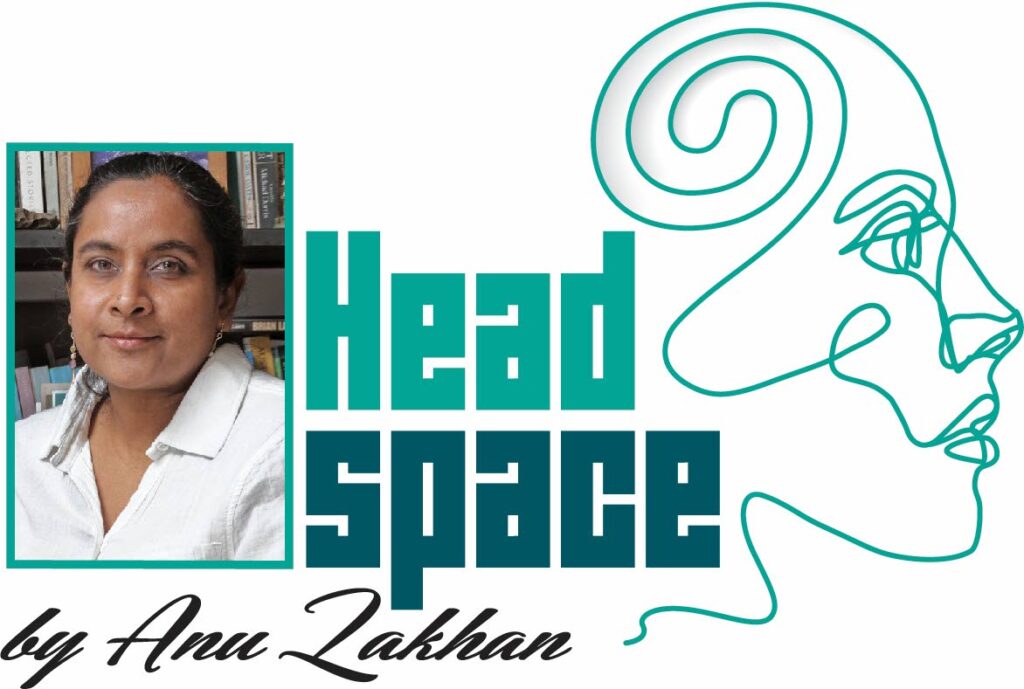It’s not all Alzheimer’s

I spent 20 minutes driving around St James, land of my birth, looking for the pet store I have been going to on and off for half my life. After the twentieth minute, I parked and looked up the address using what I thought – “thought” being the operative word – was the store’s name.
I was, as well you might imagine, most taken aback when I was presented with not one, but a list of addresses for a smart-looking chain of shops, not one of which was in the expected neighbourhood. The one I was looking for has only itself. And it is most definitely in St James.
A day later, during a conversation about getting lost in Chaguanas (someone else, not I, doing the getting lost, that is) I realised why I couldn’t find the address for the pet store: I was looking up the wrong name.
And I couldn’t find it because on the day in question I was lucky I could find pants. That’s how distracted I’ve been lately.
And that’s all. I’m out here being a normal(ish) person, as prone to getting distracted as the next poor soul looking for elusive fete tickets. No one is wasting another thought on it.
If I told my friends this story, there’d be the usual, “We really getting old, yes. Especially you.” But that’s it.
Now, think of the exact story I just told you, but imagine I’m talking about someone who’s 75 or 87. Or, depending on the person, and maybe something you know about them or their family history, maybe they’re in their sixties.
You know how when people are quite young – I think it may be referred to as adolescence or teenage years, depending on the when – the aged (like myself) blame everything on hormones, that-awkward-time, or friends? Well, at around the other end of life, the oldish part, people start thinking everything is dementia, Alzheimer’s disease, or an early onset of one or the other.
Today’s exciting news is: it’s not always Alzheimer’s! The studies are not giving me as much confidence as I want, but just enough to say what I need: too many people are walking out of their doctor’s office with a misdiagnosis. And they’re going home to tell their loved ones. Some of the research says one out of four cases of Alzheimer’s is misdiagnosed. Some say one out of five.
That’s a fifth to a quarter too many. I know nothing is perfect (and I can’t be the only one who’s a little tired of that) and there’s error and the like. But when you’re the one of the one in four or five – what? What are you to do? What is your family to do?
This infuriates me and breaks my heart in so many ways I can’t write it. I’d just have to cry all over the actual presses and see what that came out like in print.
But what can we do, right?
We. Can. Ask. More. Questions.
We must stop thinking doctors with half-hour appointment slots are thinking of everything our specific older person needs. They do have to move on to the next patient.
I’m sorry. This is hardly helpful. I am often not grateful enough for what I have. My mother had an extremely rare neurodegenerative disease. Getting the correct diagnosis meant getting the right medication. It meant knowing what to look for in how she changed and how we should respond. It meant we couldn’t hide from what was happening.
If not Alzheimer’s or dementia, then what? Depression – could be. Grief and all the ways in which your life goes tumbling when your partner of decades predeceases you – that too could well look like dementia. But more surprising was the list of medical conditions that included liver, kidney and thyroid functions, as well as chest infections. Strokes as well. But I get that one.
Basically, if you are a person of a certain age, unless you are hit by a bus, anything you have that makes you seem a bit confused or off your game makes people think you’re in for a bit of the old dementia. We are a frightfully ageist and boxy society. Everything has to fit into a space.
I’m more guilty of that than most, but I think when it comes to parents and other older people, I don’t want to be that person. I want to be half that person. I want to be that person up to the point of its kind usefulness. And then I want to be gentle.
HeadSpace may not always focus on a disorder or condition, but your mental health is always on our minds. In this short Carnival season, if you’re feeling alienated from your peers or environment, if you’re feeling out of your element, please ask for help.



Comments
"It’s not all Alzheimer’s"